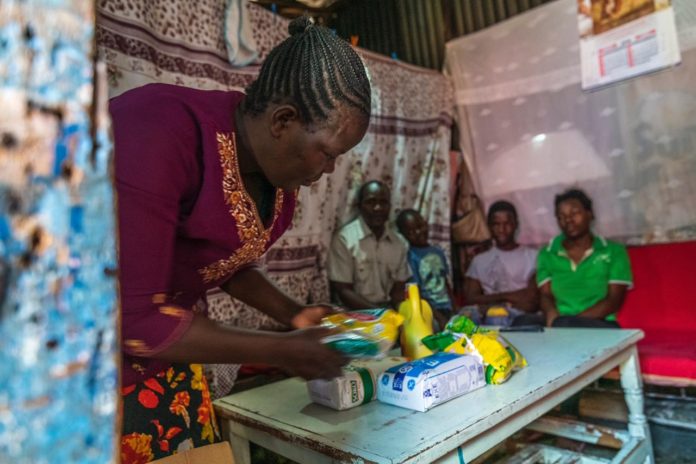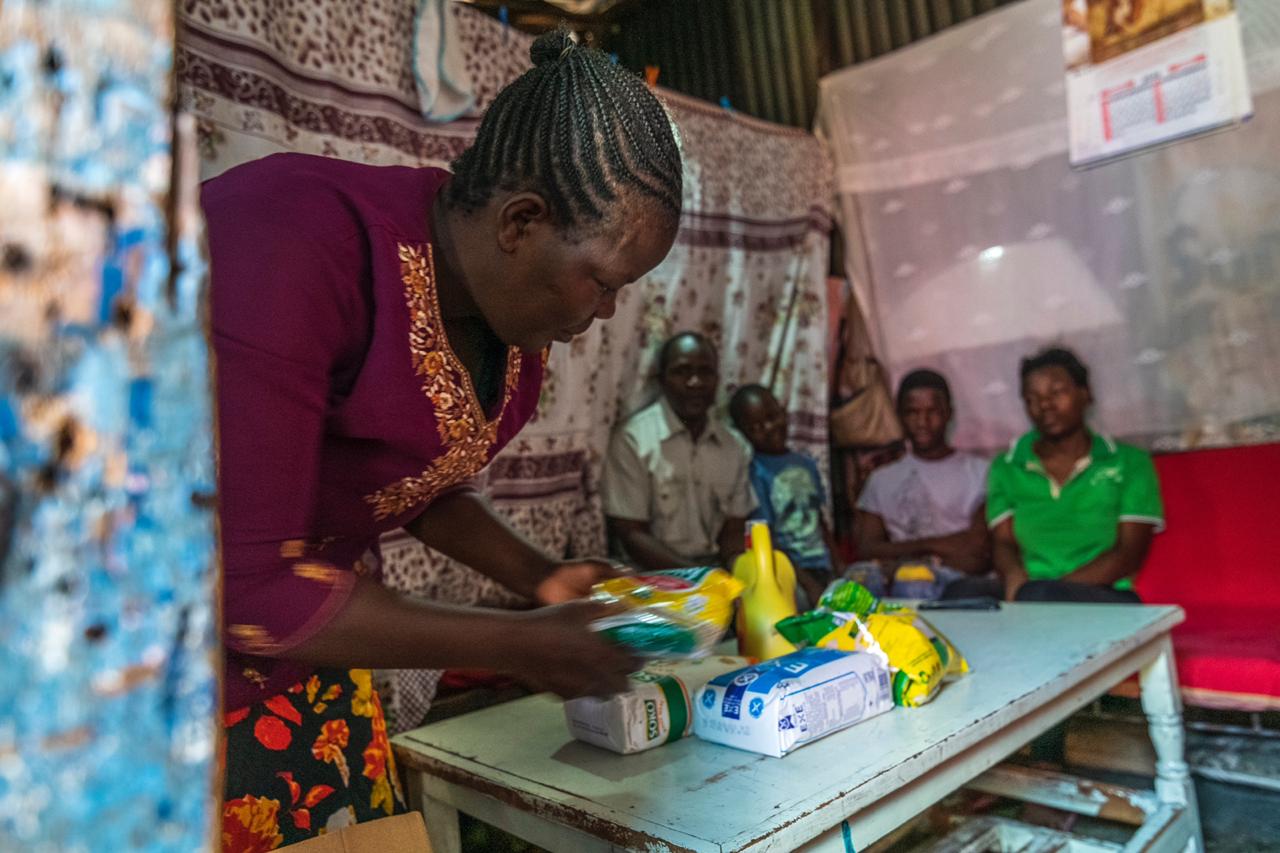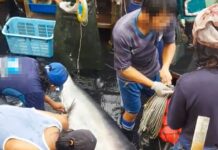By Njeri Kimani
Nairobi, Kenya: Peter Wandera, who hails from Gatina slums in Dagoretti, works at a hotel in Nairobi. For over two months, Mr. Wandera has not had a source of income after his job at the hotel terminated. He does not know what the future holds. “Before COVID-19 pandemic brought about a lot of restrictions, I can say we were jostling to get by. But right now, we are the ones being jostled by the situation,” he says.
Rosemary Asina from Vihiga County used to make porridge for an ECD class at a neighboring school. When schools were closed her source of livelihood was cut short. Her husband who is also a casual laborer could also not get any manual jobs because most people are at home and thus doing the manual work by themselves. Rosemary and her husband have six children looking up to them for their daily upkeep.
Wandera’s and Rosina’s plight is shared by many other people across the country. A survey by Compassion International Kenya on the impact of COVID-19 on families in Compassion’s Child Sponsorship program revealed that loss of livelihood and lack of food were the most pressing needs.
The fate of the two changed when Compassion International Kenya, reached out to them. The Christian organization that partners with churches to support the holistic development of children and youth from low-income families across Kenya, has responded to the crisis by assisting more than 67,700 families including Wandera’s and Rosina’s through a cash transfer program. Since direct food distribution was banned, the organization took advantage of the mobile money cash transfer mechanism.
About 453 Church partners across the country identify the very needy cases in their community and enroll them in the cash transfer program. The approach is more effective because it provides families with cash to buy food while avoiding massive gatherings that may fuel infection rates.
“We want to be compliant with the government’s social distancing guidelines. Distributing food at the projects across the country could promote the spread of the virus,” says Newton Midamba, Senior Manager of Partnership for Compassion Kenya.
According to Compassion Kenya National Director, Joel Macharia, the cash transfer approach dignifies families. “Having families decide how to spend their money dignifies them. It provides them with a choice aligned with their preferences, as well as lifestyle,” he says.
The total amount sent to families in the months from early April and May is Kshs 70,703,173 that has benefitted 67,752 families enrolled in the Child Sponsorship Program. Families will continue receiving the monthly support until they are able to get back on their feet after restrictions are lifted.
Rosina is all joy as she explains how the cash transfer program has helped her cope during the pandemic. “You just don’t know what you did to our family, imagine not having food and wondering what to do, then you get a Mpesa message. May God bless my Child’s sponsor, Compassion, and the Church for your support during this difficult time.” She says.
Many families have been affected by the pandemic. The needs are so many that it is difficult to meet each case. “We are therefore calling upon each one of us to extend a helping hand to the poor and those in need of support. Let us all be on the lookout to care for our neighbors so that we can go through this challenging period and emerge much better and stronger together,” said Mr. Macharia.















